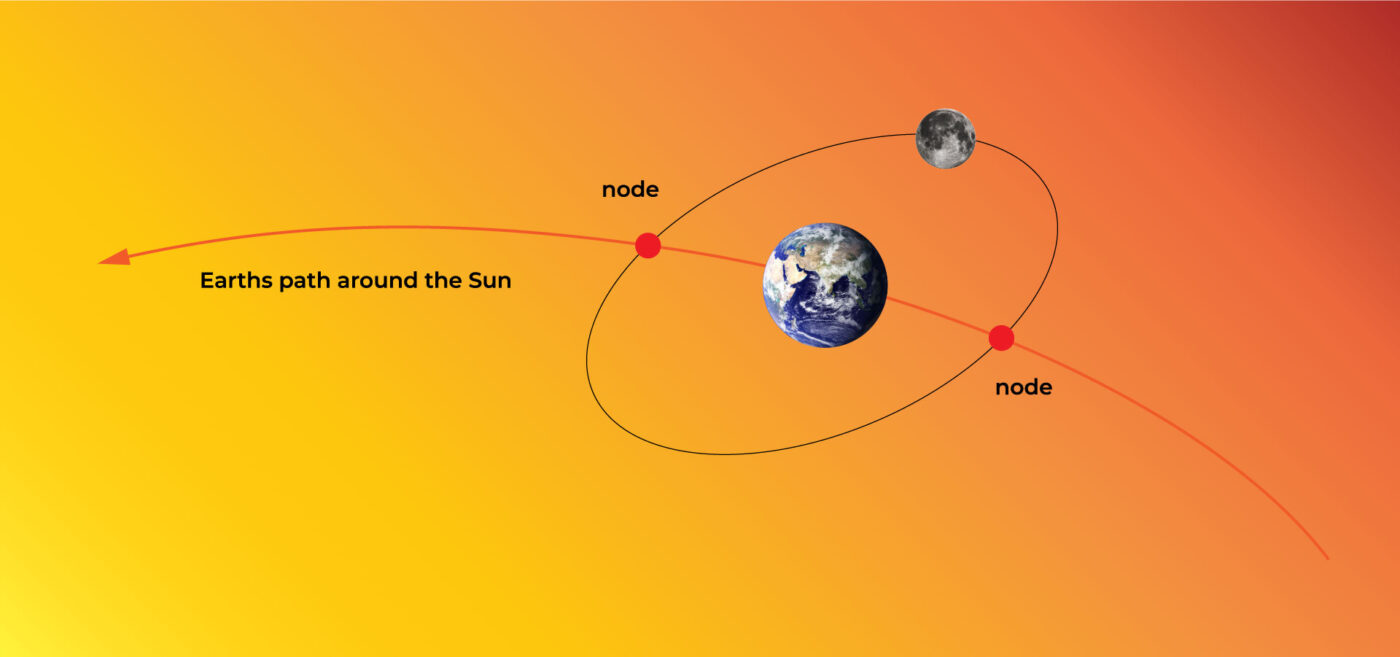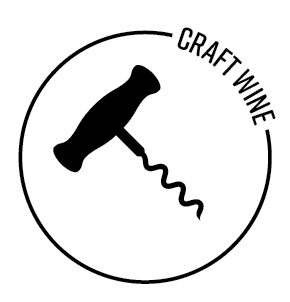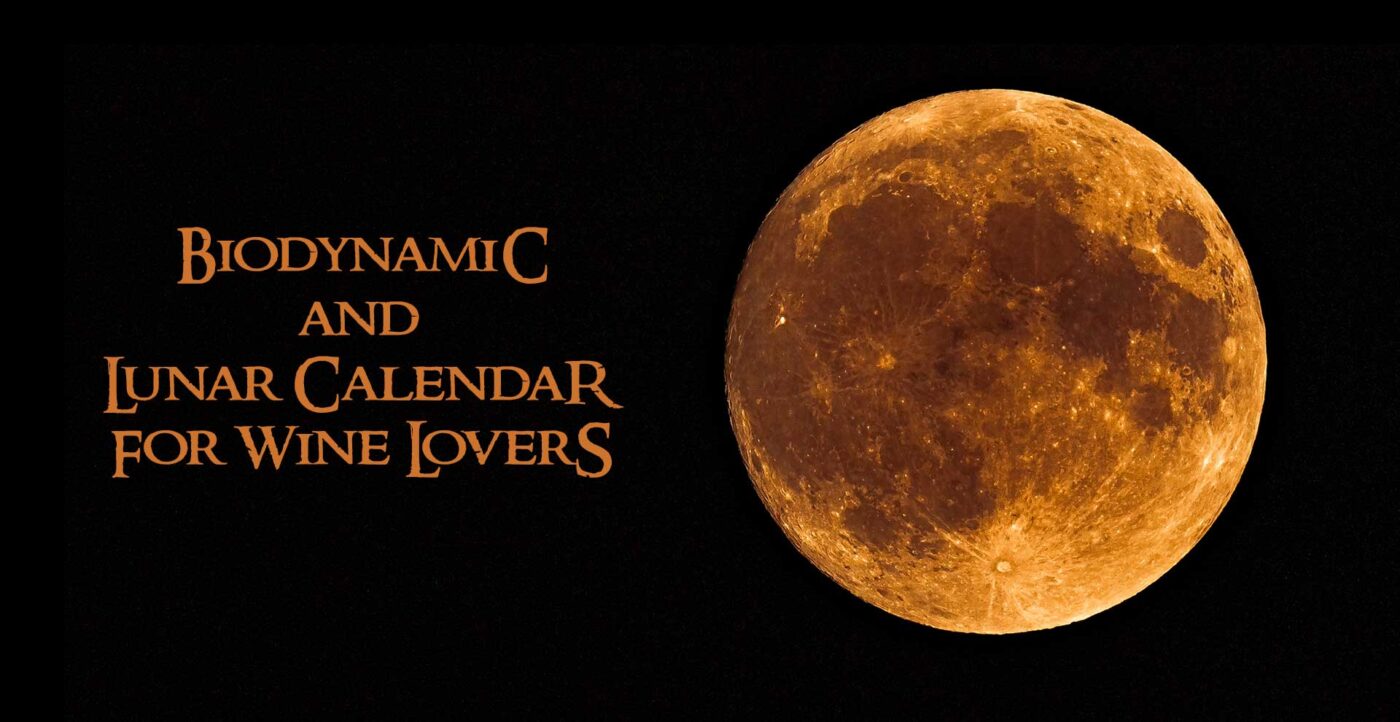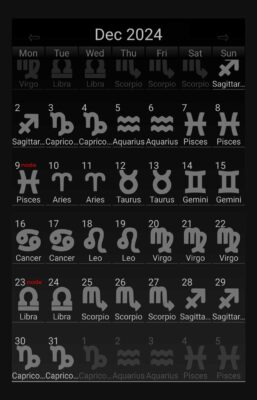howling
A Biodynamic and Lunar Calendar for Wine Lovers
For wine enthusiasts seeking a deeper connection with nature, biodynamic agriculture offers a fascinating approach.
This practice, working in harmony with cosmic rhythms, is a cornerstone for many grape growers and natural winemakers. While the scientific debate on lunar and stellar influence on the biosphere is ongoing, they refer respectfully to the lunar calendar, just as our ancestors did for centuries across various cultures.
The Impact of the Moon on the Vine and the Wine
The underlying principle is simple: the Moon’s gravitational pull, the primary force behind the Earth’s tides, is believed to affect plant development and the biological rhythms of many organisms, influencing their reproductive and migratory behaviors.
This lunar calendar, incorporating the moon’s phases and its transit through star constellations, guides each step in biodynamic agriculture.
This premise, outlined by Rudolf Steiner (1861-1925) in the 1920s and further elaborated by Maria Thun (1922-2012) in the 1960s, lays the foundation for modern biodynamic agriculture, suggesting that plants react to the positions of the moon, sun, and planets relative to the constellations.
By capitalizing on this, we can optimize the timing of various vine-growing and winemaking processes.
For example, when the moon passes in front of Earth constellations (Taurus, Virgo, Capricorn), the plant’s energy is directed towards its roots. If it passes in front of Water constellations (Pisces, Cancer, Scorpio), the energy is directed towards the stem and foliage. When it’s in front of Air constellations (Aquarius, Gemini, Libra), the force is transmitted to the flowers. Finally, if the moon passes in front of Fire constellations (Aries, Leo, Sagittarius), the main drive will be towards fruit bearing.
In practice, this calendar guides activities in the vineyard throughout the year (planting, pruning, harvesting, etc.), as well as in the winery. For instance, it is believed that it is better to harvest on a Fruit day to enhance the fruitiness of the future wine and to rack and bottle during a descending moon to encourage aromatic expression and stability of wine.
This also applies to wine tasting, which is best on Fruit days when the wines display their best profile. On Fruit days, wines are generally more expressive, showcasing their full range of aromas and flavors. These are the ideal days for wine tasting events or enjoying a special bottle.
On Flower days, wines tend to highlight their more delicate and floral notes, making these days perfect for appreciating the nuances of aromatic white wines or elegant reds.
Conversely, on node days (points where the Moon’s path crosses the Earth’s orbit around the Sun), the wines tend to be more ‘closed.’

Leaf days might bring out more vegetal and herbaceous qualities in the wine, which can be intriguing but might not be the best time to open your finest bottles.
Finally, Root days often result in wines faring poorly, with high tannin and muddy, earthy notes. Generally considered the least favorable for tasting wine, wines may taste more subdued and less expressive.
However, the scientific community remains divided on the effectiveness of these practices. Some studies suggest potential benefits, while others find no significant impact.
The only way is to try it yourself. By the way, going lunar with supermarket wines from Gall & Gall, Albert Heijn, or Grapedistrict won’t make any difference; those wines are already dead, killed by loads of sulfur, diammonium phosphate, dimethyl dicarbonate, and other artificial additives, and nothing can bring them back to life.
To make a proper case study, visit your local natural wine dealer, get a few bottles, preferably crafted by a winemaker practicing biodynamics, and start a voyage;
go boldly where no one has gone before!
Note: This article provides a very brief look at biodynamic agriculture, highlighting its potential influence on wine tasting. The principles of biodynamics are complex and cannot be fully covered in such a short text.
For a deeper understanding, further reading and exploration are recommended.







